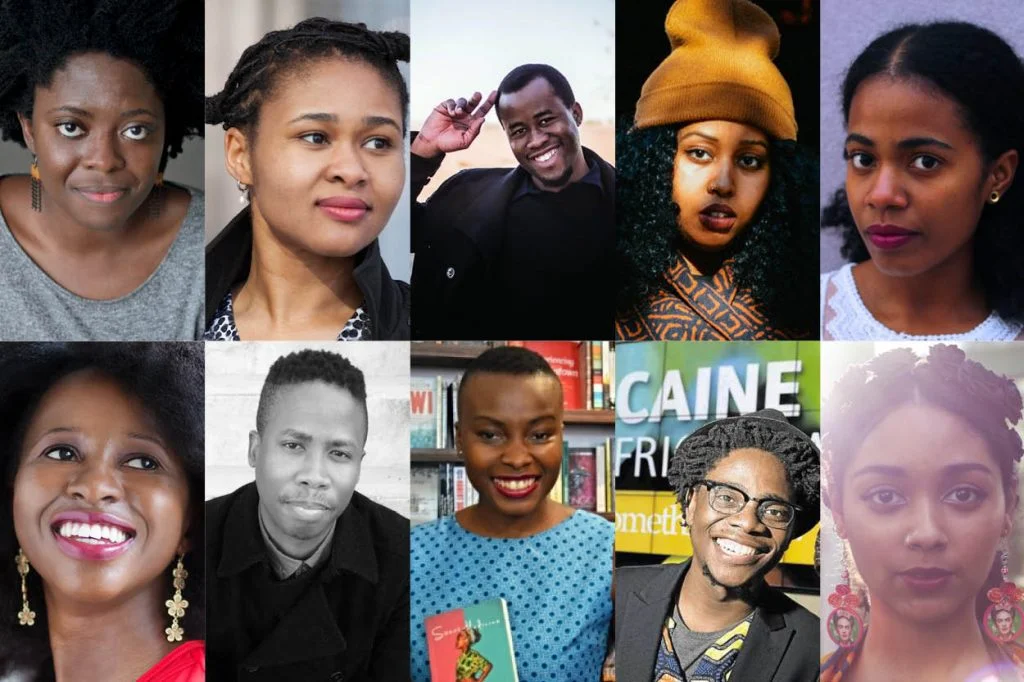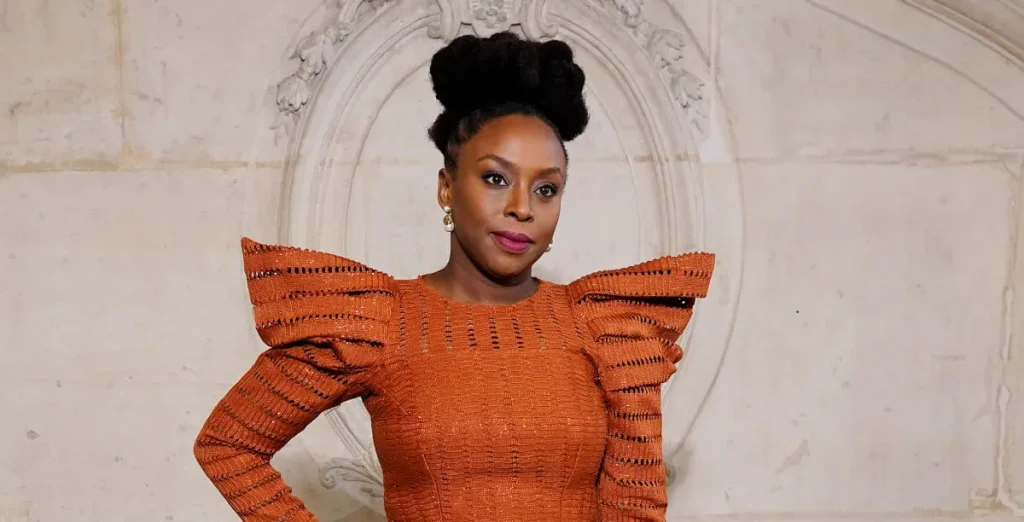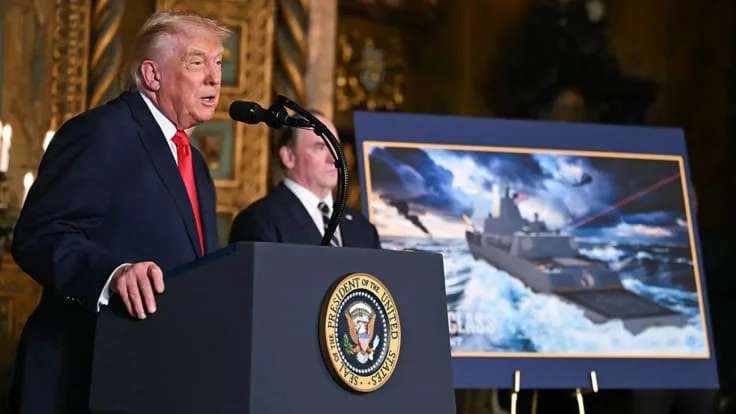African authors are reshaping global literature through their unique storytelling, grounded in rich cultural heritage and modern themes. This article explores key African writers and their works that have made a mark in international literature.
Chimamanda Ngozi Adichie: Bridging Cultures with Fiction
Chimamanda Ngozi Adichie is a Nigerian novelist whose works reflect the complexities of identity and race. Her book Americanah tells the story of a young Nigerian woman navigating life in the U.S. while grappling with her African roots. Similarly, Half of a Yellow Sun offers a historical perspective on the Nigerian-Biafran War. Adichie’s TED Talk “The Danger of a Single Story” also earned global attention, highlighting how literature shapes perspectives.
Ngũgĩ wa Thiong’o and the Power of Language
Kenyan writer Ngũgĩ wa Thiong’o is a pioneer in post-colonial literature. His novel The River Between portrays the conflict between traditional customs and Christianity during colonial rule. Notably, he shifted from writing in English to Gikuyu, as seen in Devil on the Cross, to promote African languages in literature.
New Voices: Ayọ̀bámi Adébáyọ̀ and Tsitsi Dangarembga
Emerging African writers are also gaining international recognition. Ayọ̀bámi Adébáyọ̀’s Stay with Me explores marriage, love, and societal expectations in Nigeria, winning accolades like the Baileys Women’s Prize for Fiction. Tsitsi Dangarembga’s Nervous Conditions gives a voice to the struggles of young Zimbabwean women.
Conclusion
African writers continue to redefine global narratives by blending African themes with universal issues. Through their work, these authors enrich global literature with fresh perspectives, engaging readers across borders.























